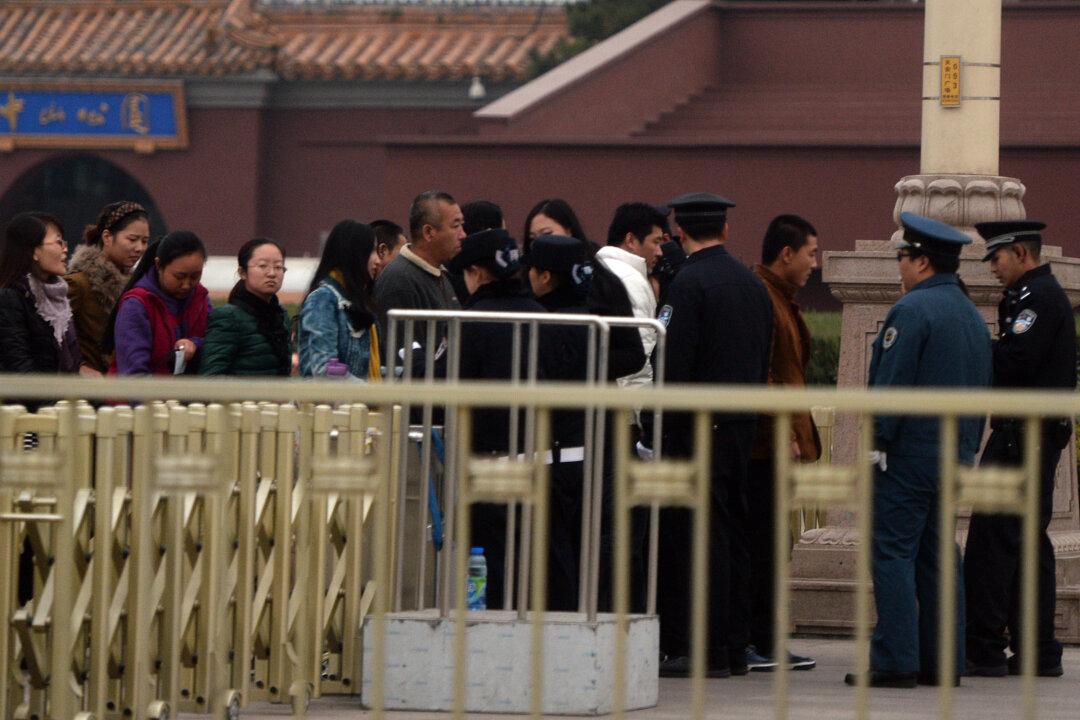In the calendar of events that mark the rule of a Chinese Communist Party general secretary, the Third Plenum of the Central Committee is taken to have special significance. Xi Jinping chose to underline his hopes for the Third Plenum of the 18th Central Committee by moving it to the Jingxi Hotel in Beijing’s western suburbs.
The first two plenums of the new Central Committee chosen to serve under the new general secretary tend to decide changes in central and regional leadership and in Party organization. The third plenum, which usually takes place in October, is generally expected to bring about a series of significant policy changes as the new leadership unveils its designs for the next decade.
Plenums are usually held in the grandeur of the Great Hall of the People, part of the symbolic center of CCP power. In moving to the city’s outskirts the Party leadership is hoping to harness the symbolic significance of the Jingxi Hotel.
In 1978, Deng Xiaoping held the Third Plenum of the 11th Central Committee at this hotel and set the country on the path of reform and opening up, the measures that transformed the poverty-stricken Maoist-style Chinese economy into an economic powerhouse. Xi Jinping is hoping the Chinese people will associate this year’s plenum with 1978’s groundbreaking reforms.
Late Start
Not only the location, but also the timing of this year’s Third Plenum, is unusual. Third Plenums are usually held in October. A VOA report speculates that the Party leadership chose the November date in order to allow some time to have lapsed since sentencing of disgraced Party official Bo Xilai in September.
It is unusual for officials of his rank—Bo was a member of the Politburo—to be tried, and Bo had strong backing from the Party faction headed by former CCP leader Jiang Zemin.
Previous third plenums, notably those following the rises of Jiang Zemin in 1993 and Hu Jintao in 2003, have heralded weighty turns in economic and political strategy.
The Central Committee meeting now in Beijing faces tough challenges, including a slackening economy and widespread corruption that has the Chinese public increasingly restive. Not expected to be on the agenda are the plight of Chinese dispossessed by land-hungry local governments, and the continued persecution of ethnic and religious minorities, including the persecution of the spiritual practice of Falun Gong.
How Xi Jinping handles all of the issues, including those the CCP prefers not to discuss publicly, will determine whether this Third Plenum will set in motion real reform or come to be known as just so much empty talk.




